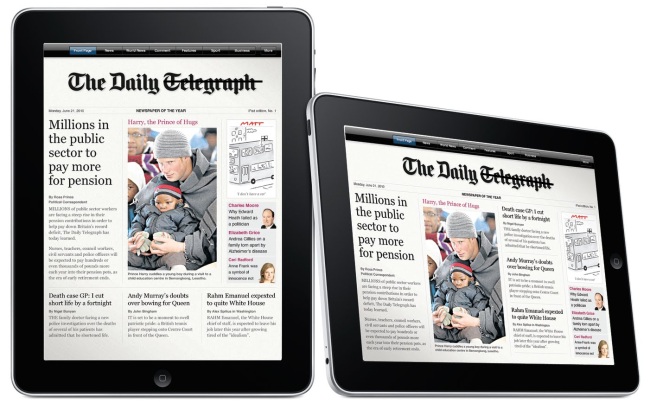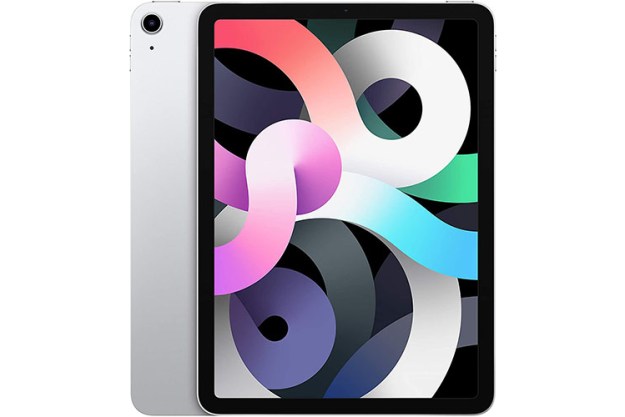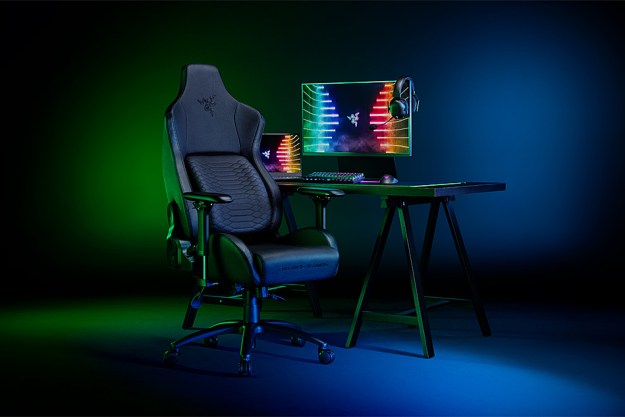 Steve Jobs will join News Corps. CEO Rupert Murdoch next week to announce the launch of The Daily for the iPad, according to Yahoo’s blog The Cutline. The event is expected to take place at the San Francisco Museum of Modern Art on Wednesday, January 19, but the date may change according to the report. Neither News Corps. nor Apple have officially acknowledged that the event is taking place.
Steve Jobs will join News Corps. CEO Rupert Murdoch next week to announce the launch of The Daily for the iPad, according to Yahoo’s blog The Cutline. The event is expected to take place at the San Francisco Museum of Modern Art on Wednesday, January 19, but the date may change according to the report. Neither News Corps. nor Apple have officially acknowledged that the event is taking place.
Reports that News Corps. was working on a tablet publication first appeared late last summer. In late November of last year, we learned that Murdoch’s publication was going to be named “The Daily” and would be offered for the weekly subscription price of $0.99. It’s expected that The Daily will debut first for Apple’s iPad with launches possible for other tablet platforms occurring at a later dates.
Murdoch has invested heavily in the project, reportedly committing $30 million to The Daily’s development. The project is being run by former New York Post editor Jesse Angelo and is backed by a cadre of seasoned journalists.
Despite the investment in both money and personnel, a subscription-based iPad publication is far from a sure fire hit. But even a small degree of success would go a long way in proving that old media may have reason to be hopeful about the burgeoning tablet market.


